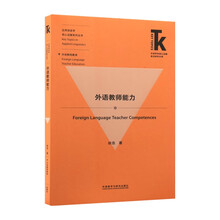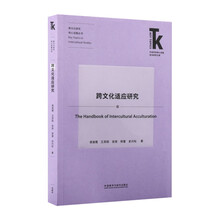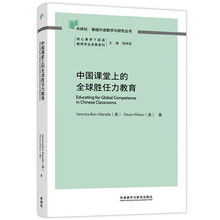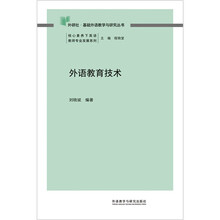Given the practical difficulties of surviving in a wilderness, the early American colonists had little time to produce works of literature or to encourage their creation. What was written and published in the seventeenth century was almost exclusively religious or utilitarian in nature, with little distinction between the two. Poetry in America began with Anne Bradstreets domestic and devotional verses collected without her approval by her brother-in-law and published in London as The Tenth Muse Lately Sprung Up in America (1650). This was one of the first books of poetry ever published by a woman in English. The greatest seventeenth-century poet, however, was the Westfield, Massachusetts, clergyman Edward Taylor, whose intense and metaphysical verse written as part of his private devotions remained in manuscript until they were discovered in the Yale Library and published in 1939. Today Taylor is generally regarded as the greatest American poet before the nineteenth century.
By 1700 there were half a million European Americans in all the colonies. Boston was the largest city, with a population of seven thousand. The first half of the century would begin to show the loosening of the religious grip by the Puritans on New England and the emergence of Yankee secular society. Although Puritan control and influence were clearly waning, the period still produced some of Puritanisms greatest literary achievements, most notably Cotton Mathers epic ecclesiastical history of New England, Magnalia Christi Americana (1702), and the works of the last great Puritan theologian, Jonathan Edwards.
展开










